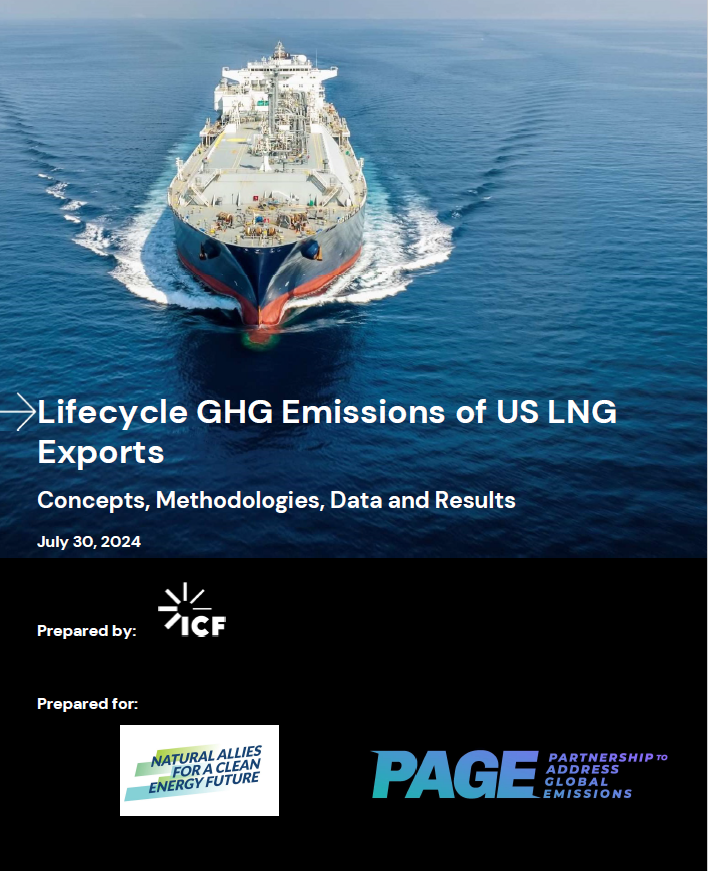
Analysis from consulting firm ICF found that U.S. liquefied natural gas exports have substantially lower lifecycle greenhouse gas emissions than coal, fuel oil, or a mix of alternative fuels.
Theresearch, commissioned by Natural Allies for a Clean Energy Future, and Partnership to Address Global Emissions, showed that shifting to U.S. LNG from coal decreases GHG emissions by 47.7% to 85.9%. Switching to U.S. LNG from fuel oil decreases emissions by 24.8% to 41.8%.GPAMidstream is a member of the Natural Allies coalition.
The report notes that U.S. LNG exports provide worldwide GHG emissions reductions even when researchers tested scenarios using a high global warming potential and methane calibration values more than three times those used by the U.S. Environmental Protection Agency.
U.S. LNG will continue to be an important pathway to drive down global greenhouse gas emissions across the globe,” said former Senator Mary Landrieu, Co-Chair of Natural Allies Leadership Council. “This report shows that without U.S. LNG exports in 2022, greenhouse gases would have increased by over 112 million metric tons, mostly produced by coal. Higher emissions around the world hurt us here at home, too. It's my hope that my fellow Democrats in Washington move beyond bumper sticker slogans and begin to talk about the realities of how we can responsibly scale up renewables, drive down emissions quickly, and secure energy systems at home and abroad with affordable, reliable, and low-carbon natural gas.
The study includes a literature review of other lifecycle assessments to compare results and assumptions of those studies to this one. The report includes analysis of a 2023 study published by Robert Howarth of Cornell University, which claimed that the GHG footprint from U.S. LNG exports was larger than that of domestically produced coal.
These conclusions by Howarth are not supported by this study and are contradicted by other similar analyses including those by DOE's NETL and the National Petroleum Council, wrote ICF researchers. Several methodological choices and assumptions implemented by Howarth result in emissions for LNG that are higher than those of this study.
ICF identified faulty assumptions and questionable methodological approaches in the Howarth study, which was cited by the Biden administration in its decision to pause approvals of LNG exports, including
- The methane release values Howarth used for the LNG supply chain are at the high end of the uncertainty range and should not be used as a best estimate for policy decisions.
- Howarth analyzed a steam carrier shipping scenario that is irrelevant because such steam carriers are seldom used in shipping to or from the U.S.
- Howarth's analysis failed to account for relative fuel efficiencies, which meant that he miscalculated the relative GHG impacts of coal and fuel oil compared to LNG.
Study results were announced on July 30 at an event on Capitol Hill, which was attended by GPA Midstream Director of Government Affairs Andrew Mooney. Natural Allies and PAGE also hosted an exclusive lunch briefing to educate congressional staffers. Read more about the report.
To here more discussion of the study’s findings and its political and policy implications, subscribe to the Let's Clear the Air podcast where hosts Andrew Parker and Adam Murray will be joined on a future episode by former Senator Landrieu.


